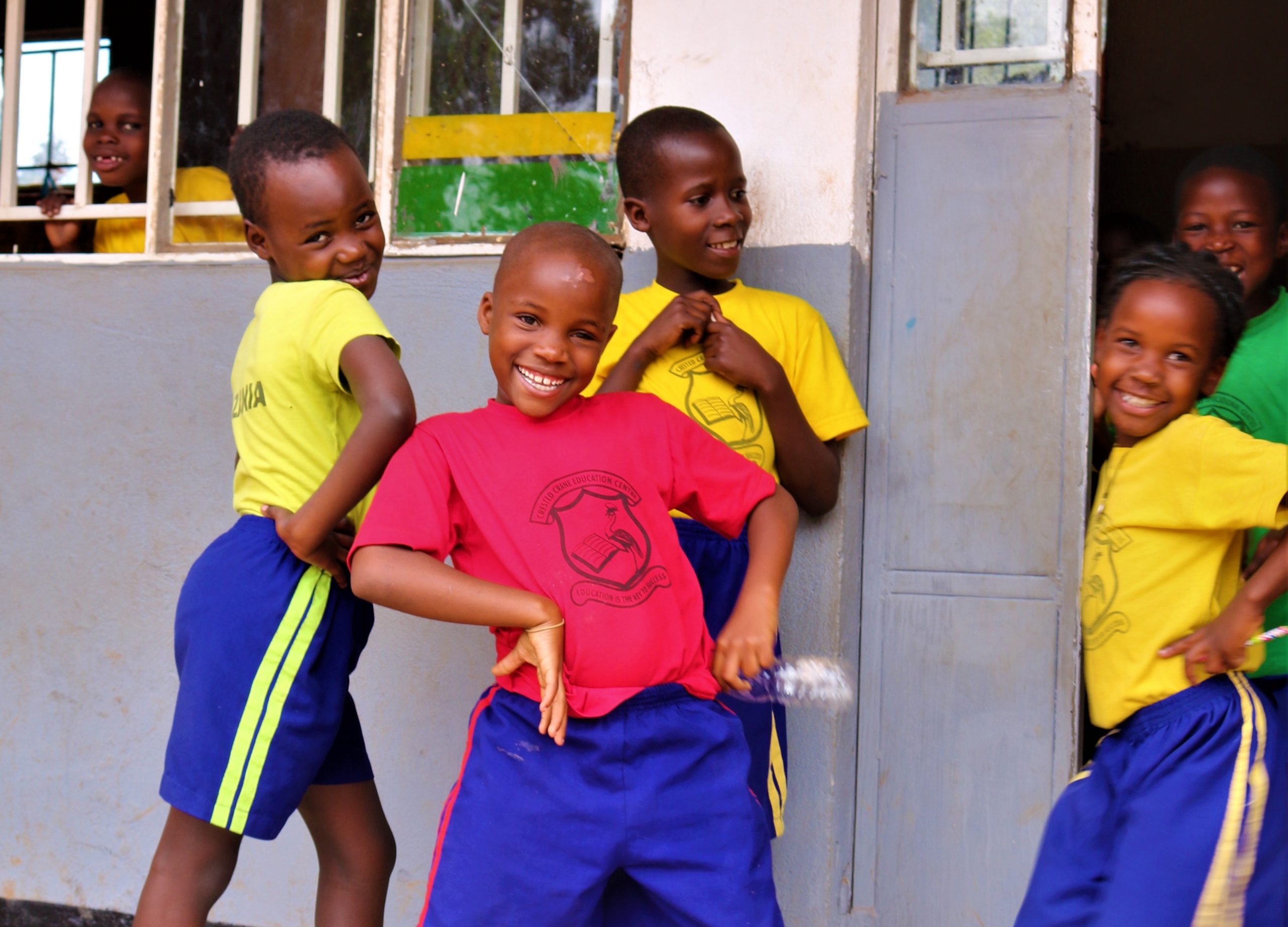Policymakers too often fail to grasp frontline needs in low-income countries
By: Juliet Wajega
Even before coronavirus disrupted education for 1.5bn children around the world, many were struggling with exclusion, inefficiency, high dropout rates and poor access to high-quality learning and technology. Today, World Teachers’ Day, is a fitting moment to underline that tackling many of these problems requires a stronger partnership with those on the educational frontline.
In recent years, policymakers seeking to solve the learning crisis have deployed numerous models, tools and approaches, including blended teaching, mother tongue instruction, structured pedagogy and Teaching at the Right Level, as well as educational technology (edtech).
Yet the reality is that they have yielded modest results. The crisis is deepening, with more than half of children in low- and middle-income countries unable to read or understand a simple passage by the age of 10, according to the World Bank.
The need for critical thinking and problem solving, as well as creativity and the social and collaborative skills of grace and courtesy have also been neglected. So too have practical skills critical for the future, most of which are not examined but can be integrated into teaching, such as carpentry, needlework, art and crafts, basic farming techniques and entrepreneurship.
The top priority after the pandemic is to identify what works best at the lowest cost, especially for poorer countries. Credible evidence is needed for governments to introduce changes.
Progress is being made with initiatives such as the Global Education Evidence Advisory Panel to highlight “smart buys”. Good measures include the provision of information to parents and children, and structured lesson plans. “Bad buys” include investments in hardware without considering associated teacher training.
There is a need to pilot innovations, document lessons learnt, and evaluate impact before scaling up. Too many initiatives have been introduced in a hurry, and in most cases fail and squander the money invested.
Innovations that fail have often been developed outside the countries where they are applied, ignore local context and are imposed on teachers.
Edtech offers scope to improve outcomes — if it has sufficient support. It requires teacher tools, time and trust; it should be designed and created by, tested with and shared among teachers.
Some innovations are still developed by those outside the school system, who ignore critical issues and leave gaps that impede take-up. Those that fail have often been developed outside the countries where they are applied, ignore local context and are imposed on teachers.
Other innovations undermine professional autonomy and creativity, and so risk failing because they do not gain the support of teachers and unions. Examples include scripted lesson plans requiring teachers to follow every word without their own input. Even for those with insufficient skills, plans should serve as a reference rather than be followed unquestioningly.
Juliet Wajega: ‘The top priority after the pandemic is to identify what works best at the lowest cost, especially for poorer countries’
Unions need not be a hurdle to reforms. When they are consulted and respected, they often support innovation. In Uganda, the “thematic curriculum” approach was designed to help learners by starting with familiar concepts in a local language. It failed to take root until the union took the lead in preparing teachers, who then quickly embraced the model. It has demonstrated improved outcomes.
Education International (a federation of teachers’ unions) and individual unions have spearheaded innovations such as training 500 educators in Tanzania to diploma level in early childhood education. They have helped marginalised children by integrating 3,000 community teachers in Mali into the mainstream teaching workforce. And the Quality Educators project in Uganda has combined technology with pedagogy to improve teaching.
We need highly trained, qualified and motivated teachers working in well-resourced institutions that are safe, child-friendly and sensitive to gender, and offer feeding programmes for poor children. In reality, teachers often have insufficient support, work in underfunded schools and salaries are delayed or unpaid. These pressures have been accentuated by the pandemic, with job losses, increased workloads and poor working conditions imposed by hybrid and blended learning. Teachers are expected to work on- and offline, teach in shifts, adjust content to shortened terms and undertake additional pupil assessments.
The majority lack the skills and support to teach online. An Education International study in 2020 showed only 28 per cent of teachers in Africa were given training. More high-quality teacher recruitment is needed, along with initial and continuing in-service training.
All these strategies require adequate financing. Governments need to allocate more resources, rather than trimming budgets to fund other sectors. Development partners should support country-based education needs, rather than their own pre-determined priorities.
Policymakers should avoid the temptation to outsource, privatise and commercialise education, especially using companies that seek to profit from current and future crises. Education is not a commodity, it is a fundamental human right, a public good and a public responsibility. Quality public education should be equitable and accessible to all.
Juliet Wajega is Uganda coordinator of the Work: No Child’s Business programme and former deputy general secretary of the Uganda National Teachers’ Union
This article was published in the Financial Times on 5 October 2021.

